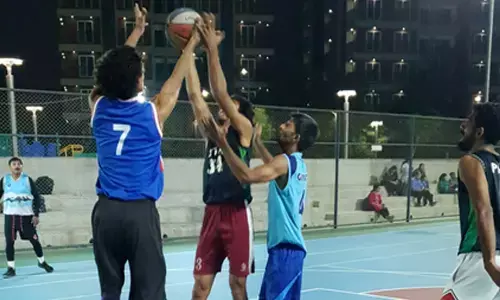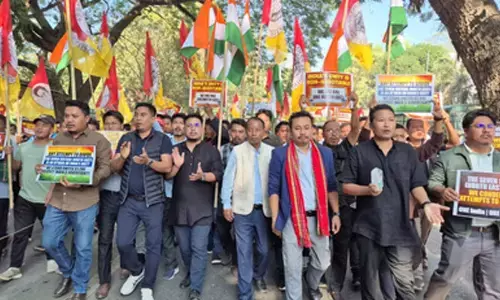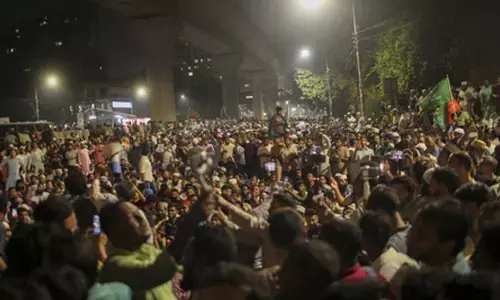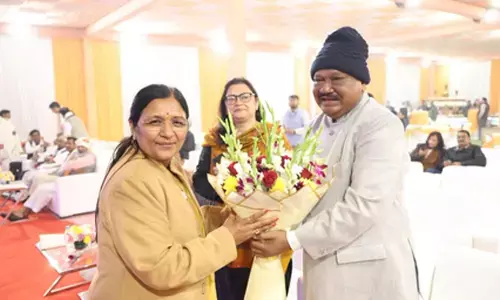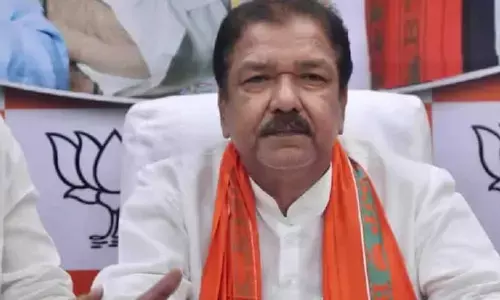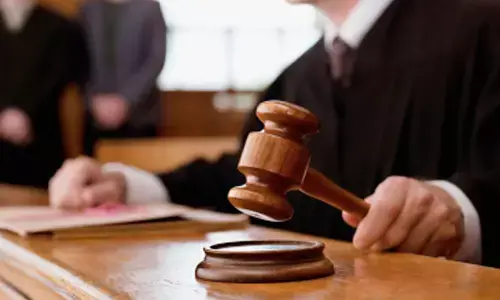MyVoice: Views of our readers 27th August 2020

MyVoice: Views of our readers 27th August 2020
MyVoice: Views of our readers 27th August 2020
Liberating education is need of the hour
This refers to the article 'Indian education: From darkness to light' (August 26). As a teacher with deep interest in critical pedagogy, I believe that we have to rethink education — the way we grow up, see the world and engage with it. It is not about formal, technical education.
It is about education as some sort of politico-ethical consciousness. Creative role of concerned citizens and organic public intellectuals as educators should be taken into account.
The education that seeks to liberate us from the chains of domination would make us realise that politics is not a 24x7 dramaturgical performance; nor is it about promoting one's narcissistic self. Instead, politics ought to be experienced as a vocation that aims at creating a just society.
With this liberating education, we would demand civility, sanity and intellectual honesty in the public sphere.
And then, we would be able to distinguish truth from falsehood, outer glitz from inner substance, and honest dialogue from toxic rhetoric.
Only then would it be possible for us to activate the emancipatory power of 'non-cooperation' with what is brutal, exploitative and violent.
Raghu VV, Hyderabad
Poor healthcare leads to disaster
It is alarming to read about the lackadaisical attitude of the Telangana government in containing Covid-19 from further spreading. The main aim of a lockdown is to give enough time to build up healthcare infrastructure to meet the needs of a pandemic.
The problem is, many States are now finding that the utter neglect of the healthcare sector in the past has led to a situation in which it has become virtually impossible to upgrade facilities sufficiently to deal with the crisis. The reason for this dismal state of affairs is simply that the country has neglected healthcare over the last seven decades.
India's expenditure on health was a mere 1.8 per cent of the GDP in 2017-18. It has now risen to 3.6 per cent, but this is way lower than China with five per cent, the US with 16.9 per cent and Japan with 10.9 per cent. The disinterest in building up healthcare services has resulted in the present lack of preparedness for the current pandemic.
Big cities like Mumbai, Delhi and Chennai are able to cope because of the concentration of hospitals in these metros, but smaller towns as well as rural areas are in a predicament. Apart from Covid-19, the creaking health system now has to face the onslaught of seasonal diseases like malaria, dengue and chikungunya.
Nikita Reddy Ch, Hyderabad
Education policy underrates importance of sports
The new national education policy (NEP) overlooks the profound importance of empowering students with key skills through the wonderful medium of sports and making them their own best educators. It misses out on using sports as a vehicle to foster team spirit, empathy and compassion in the young minds that it seeks to enlighten and make them look beyond the restrictive confines of narrow self-interest.
All these objectives are deeply ingrained in sports education which is why sports training should automatically form an integral part of the NEP and be used as a learning and character-building tool, especially in the formative years at school.
Everyone thinks of sports as a mere physical expression of human prowess without realising that it is so much more than that, in the way it moulds personalities and shapes thought processes. And yet, there is no mention in the NEP of this crucial usage, or any insistence on compulsory mass participation in sport, which should have been a must, at least in the primary stages of schooling.
It's time we recognise that education for life does not happen only in classrooms, nor is it imbibed from textbooks alone, but comes from experiencing real life situations and through the confidence derived from coping with them. This is why experiential learning has been such a big word in recent times. What could be more experiential than sports?
Ajay Kumar Mukamala, Vijayawada









